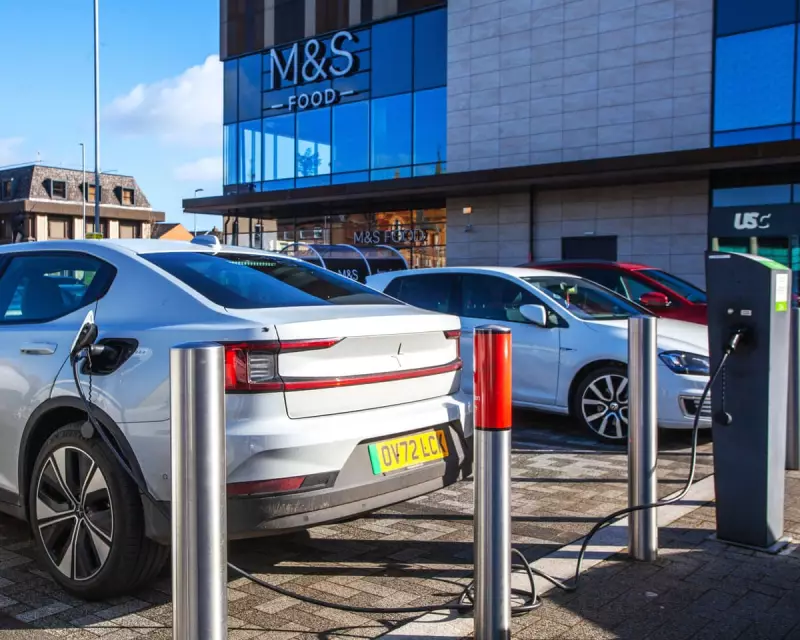
The British government has laid out its comprehensive strategy for taxing electric vehicles, marking a significant shift in how road usage will be funded as the nation transitions away from petrol and diesel cars.
With sales of new petrol and diesel cars set to be banned from 2035, ministers are confronting the challenge of replacing billions in lost fuel duty revenue while ensuring a fair system for all road users.
The New Tax Framework for Electric Vehicles
Under the proposed system, electric car owners will begin paying vehicle excise duty, commonly known as road tax, from 2025. This move ends the current exemption that has encouraged EV adoption but has increasingly strained Treasury revenues.
The Treasury estimates that the shift to electric vehicles could create a £35 billion annual black hole in public finances by 2040 if no action is taken. This substantial shortfall comes almost entirely from disappearing fuel duty and VAT receipts on traditional fuels.
From April 2025, new zero-emission cars registered on or after that date will be liable for the lowest first-year rate of VED, which currently stands at £10. Subsequent years will see these vehicles move to the standard rate, now £180 annually.
Long-term Road Pricing Solutions
Looking further ahead, the government is exploring more fundamental reforms to how roads are paid for. The document suggests that some form of road pricing based on distance travelled represents the most likely long-term solution.
Such a system could use technology to track mileage and potentially factor in time of day, congestion levels, and vehicle type. However, the proposals acknowledge significant privacy concerns and implementation challenges that would need addressing.
The roadmap emphasises that any national road pricing scheme would be revenue neutral for motorists overall, meaning the average driver wouldn't pay more than under the current tax system. The goal is fairness rather than increased taxation.
Industry Reaction and Consumer Impact
Transport groups and industry representatives have given the plans a cautious welcome, recognising the need for sustainable road funding while urging the government to maintain incentives for cleaner vehicles.
The AA president stated that "while motorists understand the need to pay for road maintenance, the transition must be managed carefully to avoid undermining the shift to electric vehicles."
For current EV owners, the changes provide much-needed clarity about future costs. Those who purchased electric cars before 2025 will largely retain their existing VED exemptions, providing some protection for early adopters.
The government stresses that even with these new charges, electric vehicles remain considerably cheaper to run than their petrol equivalents when considering lower maintenance costs and the persistent price advantage of electricity over petrol.
As the UK accelerates toward its net-zero targets, this tax roadmap represents the beginning of a broader conversation about how we fund our transport infrastructure in an electric future.





